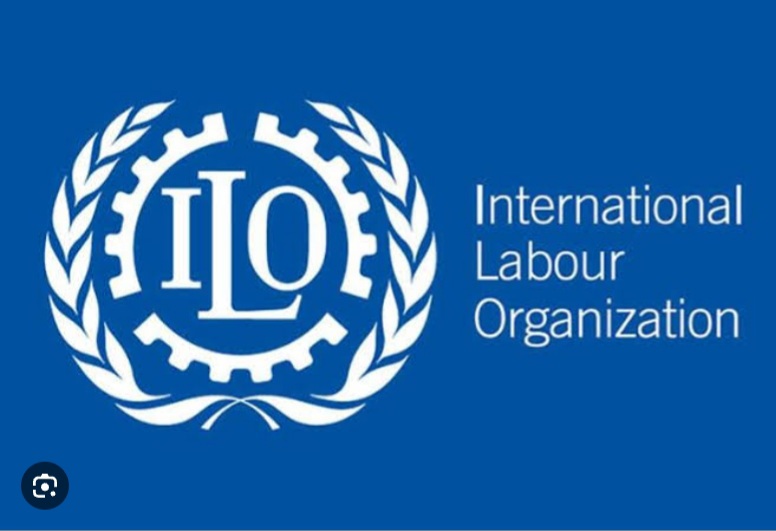
By Funmilayo Adeyemi
The International Labour Organisation (ILO) has partnered with the Nigerian Labour Congress (NLC) in finding lasting solutions to the effect of climate change impact on jobs.
The ILO Senior Specialist, Ms Inviolata Chinyangarara, at the NLC’s Post Conference of the Parties (COP 28) Review meeting in Abuja on Tuesday, said there was a direct link between emissions and inequality.
According to her, those in poorer countries are likely to suffer more from climate events and catastrophes, while poorer households find it harder to make energy saving measures.
She commended the NLC for its role in organising several national, regional and global initiatives aimed at strengthening workers’ knowledge and understanding on climate change and just
transition.
She added that some of these initiatives had been implemented in collaboration with partners.
“In 2023 Climate change is the single biggest health threat facing humanity.
“Climate impacts are already harming jobs, health, through air pollution, disease, extreme weather events,
forced displacement, pressures on mental health, and increased hunger among others.
“Climate change is a union issue, and trade unions must play their part in leading efforts to tackle it.
“It is now time for action! Trade unions must engage in current climate negotiations with a message of commitment, solidarity, and action,” she said.
She further said that the National Council on Climate Change (NCCC) had in April 2024, signed a Memorandum of Understanding (MoU) with the ILO, UNIDO and UNDP.
She said the MoU was to develop a strategic Just Transition Roadmap for Nigeria setting a stage for a process that would guide the country’s efforts to transition away from fossil fuels in accordance with national and global climate goals.
She, however, called on the need to mainstream labour, human and trade union, and environmental rights into national actions on Just transition.
According to her, this will include meaningful integration of
relevant ILO International Labour Standards.
On his part, the Acting General Secretary of NLC, Chris Uyot, pledged the commitment of NLC to renew its demand for the inclusion of labour and employers’ representatives on the governing structures of NCCC.
“We must begin with the issue of identity. The point needs to be made that inclusion does not exclude identity rather reinforces and protects it.
“It is on this note that we seek to caution on the increasing trend in global, regional and national climate change engagements to classify trade unions as NGOs and Civil Society.
“Trade Unions are neither of both. Trade unions are workplace creation with peculiarities that are industrial in nature.
“It is on the strength of this unique identity that trade unions are considered as social partners with government and private employers of labour,” he said.
He, therefore, called on the need for a new approach in climate change engagements at all levels.
According to him, workers and employers must be at the centre of discussions and actions on climate change being the direct precursors and index victims of the effect and impact of climate change and environmental degradation.
Also, the Director-General, of NCCC, Richard Allison, said the just transition work programme is now within the context of sustainability and ending poverty.
He said Trade union would continue to be given the desired visibility on all climate actions as the country transition to NetZero by 2060.
FAK/
====